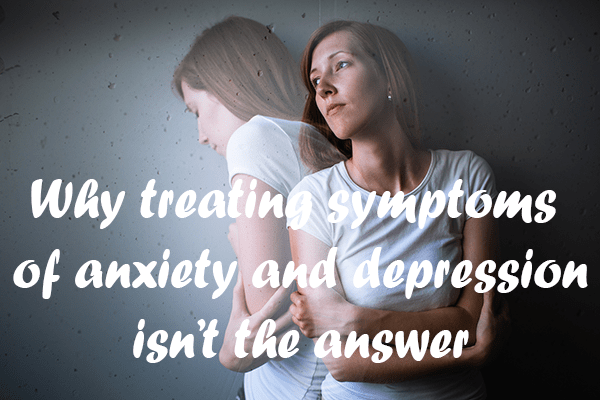I’ve had a number of emails recently from people asking or help curing a variety of conditions from unwanted habits, involuntary ticks or twitches, headaches and migraines and serious OCDs to eating disorders and sleep problems, IBS and obsessions with other people and my answer has been very similar to all of them, so I thought it would be worth explaining a bit further.
The solution is not in the problem – it never is. This is why therapies centred around the problem or treatments that encourage you to focus on the problems do not work, in some cases they make it worse or at the very best take years to make any positive difference. It’s comforting to talk to someone about the problem especially if it’s embarrassing or your friends and family are fed up giving advice – or your fed up of listening to advice that doesn’t work, (however well intentioned), but going over and over it, does not help.
Why doesn’t talking about it help?
It can be good to get it off your chest and tell someone initially in order to get help and don’t get me wrong, you do need to explain what’s going on of you to any therapist, but that’s all.
With anxiety and depression, focussing on the problem keeps it alive and in many cases makes it worse because whatever you focus on grows in your mind and affects how you feel.
Think about this for a moment, suppose you have an allergy to a certain washing detergent that you react to with an itchy rash all over your skin. When you’re not thinking about it, the itch isn’t so bad and you even forget about it, but as soon as something or someone reminds you, it’s unbearable and you scratch until you make it sore. When you go to sleep at night, the itching doesn’t wake you up, but during the day the itching gets worse and the more you think about it the worse it gets. You can’t thinking the itching away, but for some reason if you are busy it’s not so bad.
Do you slather camomile lotion all over your body in an attempt to soothe the itching day after day or do you change your washing detergent and stop the itching altogether.
OCD, sleep disorders, unwanted habits, ticks and twitches, obsessive thoughts, emetaphobia, hair pulling to name but a few are all symptoms of anxiety. Focussing on the symptom or problem is going to make it worse, it brings your attention to it and the symptom gets worse.
The effective quick way to reduce and cure these symptoms is to learn how you stop creating the anxiety. Anxiety is created by negative forecasting of the future or worrying about things and unfortunately it’s not as easy as saying ‘don’t worry about it’ but becoming aware that it’s the way you think about things that creates the anxiety is a good starting point.
Understanding and accepting that anxiety is coming from your negative thought patterns empowers you to discover how to make changes. After all, it is your brain and your mind and you can change the way you think about things.
If you’ve been thinking the same way for a long time, it take self education and you practice to make changes, but you can.
If you would like to learn more about how to reduce anxiety and depression we provide two excellent courses, both you can read about here

Disclaimer | Privacy Policy | Terms and Conditions
Copyright © OLD TOWN HYPNOTHERAPY 2016 All Rights Reserved


Hi Emma I suffer with depression and anxiety , I’ve alai started comfort eating , I hate myself even more for putting weight on but I just keep on doing it .
Hi Kerry
Thank you for taking the time to comment. By hating yourself for comfort eating you are actually perpetuating the problem and getting yourself stuck in a negative vicious cycle. It is the negative thinking and beating yourself up that puts you in the place where you comfort eat. It is a symptom of anxiety and depression. You need to find out how to help anxiety and depression and the comfort eating will fade away.